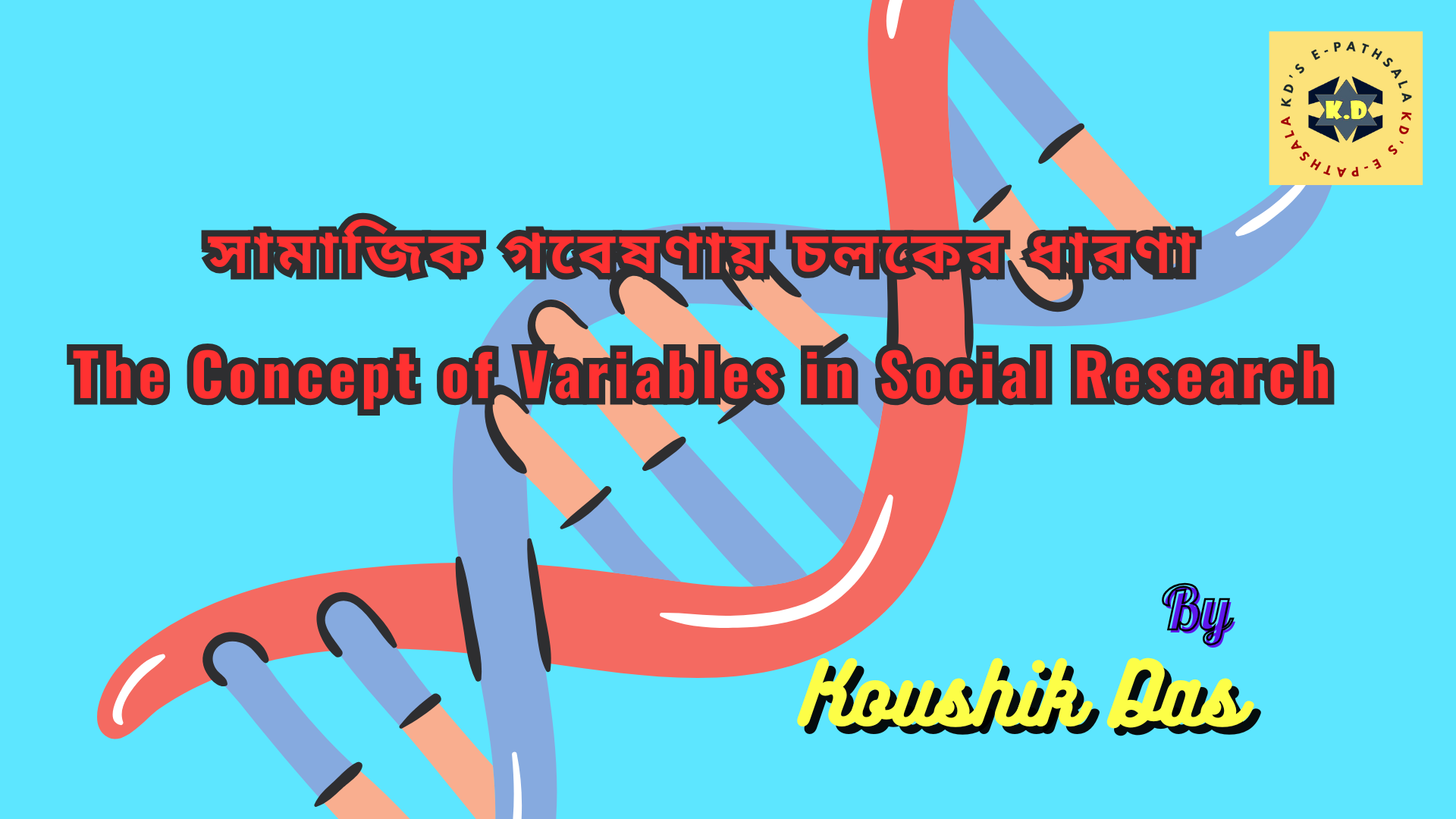[ez-toc]
Educational Research is nothing but cleansing of educational Research is nothing but cleansing of the educational process. Many experts think Educational Research as under-
According to Mouly, ―Educational Research is the systematic application of scientific methods for solving educational problems.According to Travers, ―Educational Research is the activity for developing the science of behaviour in educational situations. It allows the educator to achieve his goals effectively.
Thus, Educational Research is to solve educational problems in a systematic and scientific manner, it is to understand, explain, predict and control human behaviour.
Types of Educational Research
Educational research can be broadly categorised into many groups, below we discuss the Historical, Philosophical, Ethnographic, Qualitative and Quantitative research.
-
Historical Research
Historical research is “the systematic collection and objective evaluation of data related to past occurrences in order to test hypotheses concerning causes, effects, or trends of those events which may help to explain present events and anticipate future events”
According to Isaac and Michael, historical research involves reconstructing “the past systematically and objectively by collecting, evaluating, verifying, and synthesising evidence to establish facts and reach defensible conclusions, often in relation to particular hypotheses”
-
Philosophical Research
Philosophical research also deals with the understanding and assessment of aspects of the thinking of those who have contributed significantly to developments in the history of philosophy or of human thought.
to Wingo, there are three types of philosophical research: These are the following:
- Descriptive Philosophical Research
- Normative Philosophical Research
- Analytical Philosophical Research
-
Ethnographic Research
Ethnography is a qualitative method for collecting data often used in the social and behavioural sciences. Data are collected through observations and interviews, which are then used to draw conclusions about how societies and individuals function. Ethnographers observe life as it happens instead of trying to manipulate it in a lab. Because of the unpredictability of life, ethnographers often find it challenging to nail down their projects in a protocol for the Board to review.
-
Qualitative Research
Qualitative research is one which provides insights and understanding of the problem setting. It is an unstructured, exploratory research method that studies highly complex phenomena that are impossible to elucidate with quantitative research. Although, it generates ideas or hypotheses for later quantitative research. Qualitative research is used to gain an in-depth understanding of human behaviour, experience, attitudes, intentions, and motivations, on the basis of observation and interpretation, to find out the way people think and feel. It is a form of research in which the researcher gives more weight to the views of the participants. Case study, grounded theory, ethnography, historical and phenomenology are the types of qualitative research.
-
Quantitative Research
Quantitative research is a form of research that relies on the methods of natural sciences, which produces numerical data and hard facts. It aims at establishing a cause and effect relationship between two variables by using mathematical, computational and statistical methods. The research is also known as empirical research as it can be accurately and precisely measured.
___________________________________




